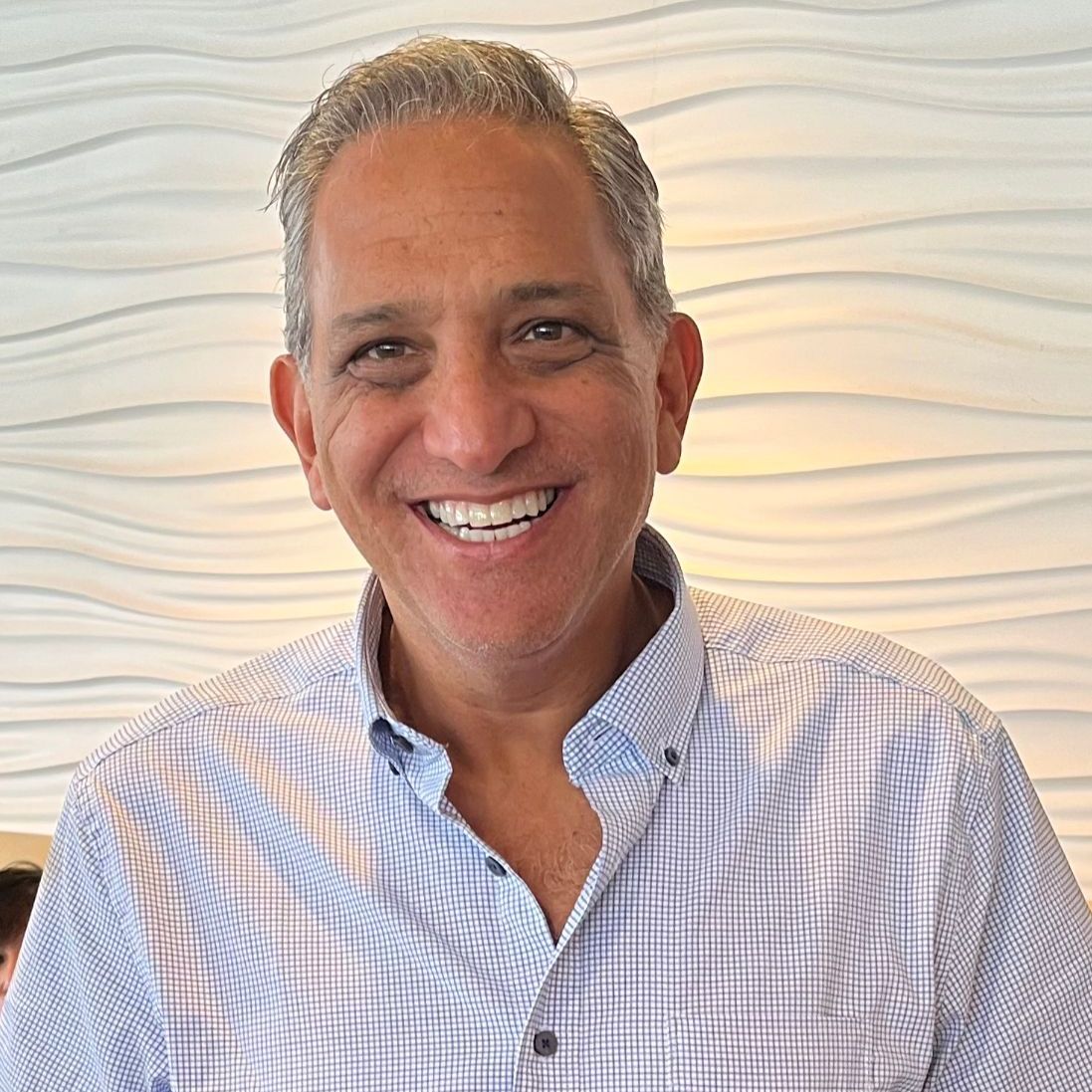Blog Layout
What is Medical Billing
What is Medical Billing
How We Started
Why Practices Need Professional Billing
Benefits of Outsourcing Medical Billing
The Value of Outsourcing in the US
Communication and Accessibility are J3's Strength
HIPAA Client Communication
The Two Most Important Questions I Ask a Practice
What is Chronic Care Management
Importance of Reporting
Experience and Teamwork
Nationwide Footprint
The Importance of the Front Desk
Contact Us Now

By Josh Fertel
•
07 Apr, 2024
In the digital age of healthcare, protecting personal health information (PHI) has become more critical than ever. While medical practices strive to uphold patient confidentiality, the risk of data leakage persists through various avenues, posing potential threats to privacy and security. One common risk factor for PHI leakage is inadequate cybersecurity measures. Weak passwords, unencrypted data transmission, and outdated software leave medical systems vulnerable to hacking attacks and data breaches. These breaches can compromise sensitive patient information, leading to identity theft, fraud, and other forms of exploitation. Additionally, human error remains a significant contributor to data leakage in medical practices. Mishandling of physical records, improper disposal of documents, and unintentional sharing of information can all result in unauthorized access to PHI. Furthermore, insider threats, whether intentional or unintentional, pose a significant risk to patient privacy and confidentiality. Moreover, the proliferation of mobile devices and remote access to medical systems introduces additional vulnerabilities to PHI leakage. Lost or stolen devices, insecure Wi-Fi networks, and unsecured communication channels can all expose patient information to unauthorized parties. To mitigate the risks of PHI leakage, medical practices must implement robust cybersecurity protocols, provide comprehensive staff training on privacy practices, and regularly assess and update their security measures. By prioritizing patient privacy and implementing proactive measures to safeguard PHI, healthcare providers can uphold the trust and confidence of their patients while ensuring compliance with regulatory requirements such as HIPAA.

By Josh Fertel
•
02 Apr, 2024
Chronic care management is probably the most underutilized segment of the medical community. As you can imagine, Medicare patients need more guidance, they need more support, they need more interaction. We monitor our patients, we monitor the practice's patients every month. We touch base with them. We make sure that they're living a great lifestyle, that they're not depressed, that they're taking the medication that they need, that they need refills on the medication we've had examples of people who had gone to the hospital and the provider did not know they were in the hospital. And we were able to connect them and make sure that that everything there was a plan in place for for ongoing care. We've had patients that have run out of medication that was vital to their health, and we were able to get a contact with the pharmacy and make sure that it was done. There's numerous times that just that one phone call that we make monthly, the timing was perfect and we were able to help our patients out. There was actually one time where our staff a call and the patient was actually on the floor and just falling down. They were able to get to the phone. They had a family member there. We connected them with 911 and everything was taken care of. They were able to go to the emergency room. We contacted their provider, let them know what had happened, and everybody's plan was in place to make sure that the care was given correctly.
Contact Information
(954) 637-1986
2699 Stirling Road Suite 306-B Hollywood, FL 33312
- Mon - Fri
- -
- Saturday
- -
- Sunday
- Closed
Our Location
Content, including images, displayed on this website is protected by copyright laws. Downloading, republication, retransmission or reproduction of content on this website is strictly prohibited. Terms of Use
| Privacy Policy





